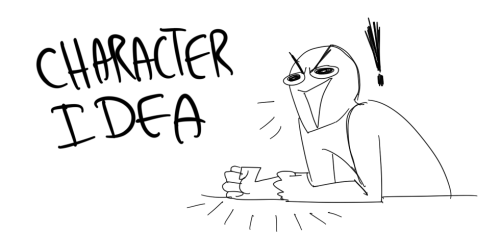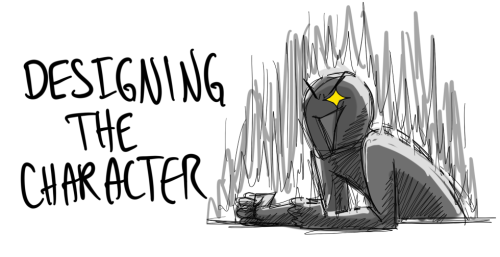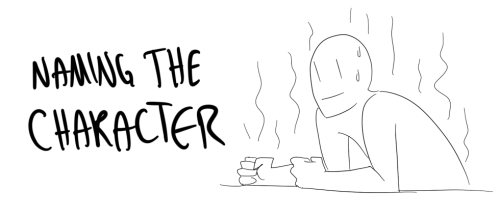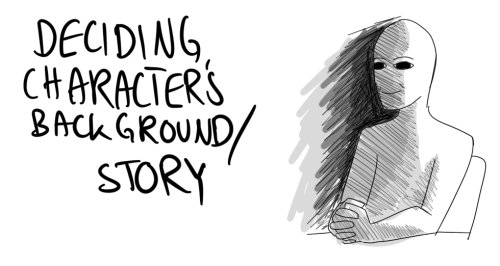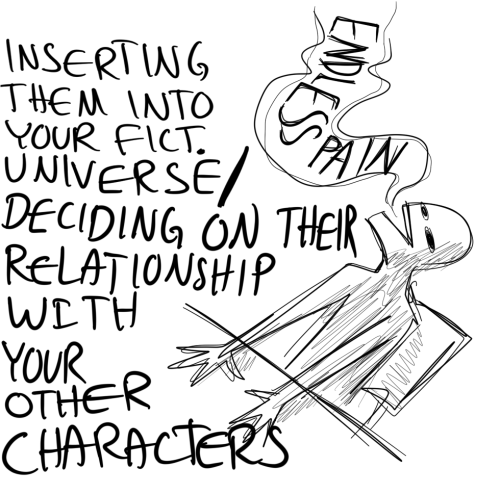Anyone Playing Yasu Act 2?
Anyone playing Yasu Act 2?
How many Skill Points do I need to finish Episode 6? Thank you 😀
More Posts from Aedysa and Others
😱😱
Earthquake in Philippines
Hey Lynn, sorry to bother but does anyone know how old the SLBP lords are?
It’s all speculation & pulling clues from routes to try to map out ages. None of their ages are directly stated, I think to make it easier to self insert & play around with the suitors ages to your liking in your imagination.
((None of what is stated below is based on their historical age differences. This is only what I’ve inferred from playing SLBP.))
_____
According to Saizo’s route, MC is at least 20 (or early 20s). She explains an event that happened to her when she was around 5 years old & later in the route it is said that event happened over 15 years ago. Shingen has said in a few event stories that MC & Yukimura are close in age, so she may be closer to mid-20s.
Saizo & Yukimura are 4 years apart; Saizo is 4 years older. They met when Yukimura was 10 & Saizo was 14. In an event story, Yukimura said they have known each other for 16 years. That puts Yukimura at 26yo & Saizo at 30yo.
It is said several times that Masamune & Yukimura are the same age. Masamune is 26yo.
Shigezane is a few months-one year younger than Masamune. Shigezane is 25yo.
Shigezane teased MC in route by saying if Kojuro had been her father, he would have been a teenage dad, implying Kojuro is at least 13 years older than MC. Kojuro is likely in his mid-30s.
I don’t remember if it was an event story or an MS, but I read that Inuchiyo is 6-7 years older than MC (she said she was about 7 when they met, Inuchiyo was around 13), putting him around 26-27 years old.
Mitsunari is said to be younger than MC. He is the only one expressed as being younger than her. This likely puts him at 19 or very early 20s.
In an event story, MC was told it will be good for Ieyasu to have someone his own age around him. He’s the second youngest suitor, in very early 20s most likely.
Shingen & Kenshin are the oldest, but no hints as to a range is given that I recall. I just imagine late 30s for Kenshin, early-mid 40s for Shingen.
All we really know about Mitsuhide is that he’s older than Nobunaga. There was an event story where he was briefly worried about his age, so I assume once these men hit 30 they all start seeing themselves as “old.” My best guess is Mitsuhide is in his late 20s or early 30s, I’m leaning more toward early 30s for him.
Hideyoshi is depicted as being older than Inuchiyo, as for how much, I never read a mention of specifics in the game, but I assume it isn’t more than a year or two at most.
I don’t recall reading any specific hints regarding Nobunaga’s age, but I know he’s younger than Mitsuhide & likely older than Hideyoshi, which probably puts him around 28-29yo.
TL;DR
Mitsunari ~19-20
MC/Ieyasu early 20s
Shigezane 25
Masamune/Yukimura 26
Inuchiyo 26-27
Hideyoshi 27-28
Nobunaga 28-29
Saizo 30
Mitsuhide 31-33
Kojuro 33-35
Kenshin late 30s
Shingen early 40s - ?
Slbp Wallpapers (fanmade)
Thank you for all the support guys!!










Three Great Unifiers
Please reblog only. Enjoy!
Writing vs Storytelling Skills: Improving Storytelling
Though “writing skill” is often used to refer to all aspects of story crafting, it can be divided into ‘storytelling concepts’ and the ‘actual writing’. Addressed in the previous post: Writing vs Storytelling Skills (link embedded), now I’m here to tell you how to work on that specific storytelling skill.
1. Read a variety of books. Various authors, various genres, the more you expand your examples the better. Variation of reading means you’ll be exposed to more ideas, more ways of thought, more storytelling patterns, more everything that you can critique and help make decisions on how your own stories will unfold. Even take up books you may not like. Give them a chance, and if you still don’t like them then at least be able to explain why.
2. Learn genre expectations (and that tropes aren’t bad). Genres exist to classify stories into familiar concepts. Sometimes, novice writers try to throw out genre ideas because they’re all “cliche” or they want “something different”, yet they fail to grasp why those patterns exist in the first place. Familiar storytelling concepts (tropes) can be cliches, yes, but more often they fulfill one or more of these requirements:
A way to fast-track info to the reader without having to explain every ounce of meaning (Color-coded symbolism, character archetypes, etc.)
To create a familiar base, allowing for further growth of the concept with less time than it would have taken to set up something new.
Promises to fulfill a certain type of story (You can’t say you want to write a romance, but with no romance)
Those things only become cliche when executed poorly or if they cause predictability when the story is trying to rely on unpredictability. A story full of tropes is not automatically a bad story. Writing in a way that subverts expectations well requires having a strong understanding of the genre you’re trying to twist. A genre is a promise of a specific type of narrative– you can’t just throw it out the window and expect readers to be satisfied. It’s fine to write cross-genre or mess with tropes, but be wary of it coming from a place of “it’s all the same so I’m going to do it completely different!”.
By learning genre expectations, you can gain that knowledge that lets you subvert better, or the knowledge to play into it better. You can figure out where the true heart of the stories are and why readers care. You can figure out how to write in a genre that works with your personal goals and desires for the story.
3. Learn best practices for different storytelling mediums. “I saw this awesome scene on TV and I want to write it in my story, so I imagined how it’s going to play out and it’ll be perfect!” No, it won’t, because what works in visual media isn’t the same for books and what works in your head isn’t a clear idea of how it would work on paper. (link embedded)
TV, and other forms of visual media, are presented very differently than the written word. They can rely on music, camera angles, subtle background events– and endless list of things that writing cannot replicate and isn’t made to. Becoming a better storyteller means learning the strengths and weaknesses of different media so you can tailor stories to best fit how they’ll be told. The imagination is similar to visual media, but better and worse. Better, because you can learn over time how to tailor your imagination for the written word. Worse, because it can create unrealistic expectations and is harder to look past.
It’s natural to want to mimic what you see in other forms of storytelling, but one of the most important things a writer can learn is to get over the fact that they can’t translate ideas in every situation. It’s fine to be inspired by other forms of storytelling and what your imagination creates, but don’t become a slave to the unrealistic expectations. Learn to work with the paper, not against it.
4. Stress test plot ideas to catch issues before they become a problem. While this isn’t going to always work and there will still be times that you have to adjust in the middle of things, stress testing your ideas can help teach you where you keep going wrong so you can work on fixing it. There are two main things to keep in mind when doing this:
The plot structure (link embedded): Overarching plot concepts should fit into a specific structure. The structure can have small variations, but there should be an average line of best fit that naturally overlays against the story. The higher your skill, the more you can mess with the lines and have it not blow up in your face.
Plot is essentially cause-and-effect (link embedded): The events of a plot should be a relatively smooth slide from start to finish. Not “smooth” as in “no conflict or tension”, “smooth” as in “logically glides from one point to another”. Make sure you can connect the dots.
If you catch and fix enough of your own mistakes then you can start teaching yourself not to make them.
5. Critique the storytelling of others. What did you like? What didn’t you like? What choices did the writer make and what were the consequences of those choices? I’m going to repeat that last one again because it’s one of the most important things a writer can learn: Every story is made from a set of choices and those choices have consequences. Not all bad, not all good; it’s a neutral term that just refers to outcomes. One of the biggest separators of storytelling skill is how well a writer can work with the natural consequences of their choices.
When you critique others, you look at those consequences and weigh them against what you consider to be a “good story”. While a writer can only critique at a close level to their skill, the more they critique, the higher skill climbs, and the better they get. To become a better storyteller, you should get used to tearing other’s, and your own, work apart. It can help to keep a journal or some kind of record of critiques, since writing thoughts down helps bridge the gap between the mind’s assumptions and reality (just like the bridge between an imagined scene and actually writing it down).
6. Brush up on literary concepts. They’re not just for English class! While some are more technical in nature, there are plenty of storytelling-inclined literary techniques that gaining a better understanding of can improve your own work. Also, literary concepts are just tropes that happen to apply to “work of literary merit”. They’re not fancy or pretentious to include– just study and practice them well so they work with your story rather than against it. (Study tropes too!)
All that said, there’s no such thing as a “perfect storyteller”. Brushing up on storytelling skills isn’t about being perfect, it’s about getting better relative to where you were before (and potentially helping close the gap between writing and storytelling skills).
Keep writing, keep practicing– keep storytelling.
Thinking of asking a question? Please read the Rules and Considerations to make sure I’m the right resource, and check the Tag List to see if your question has already been asked. Also taking donations via Venmo Username: JustAWritingAid

A "Samurai Love Ballad Party" fanfiction
Summary:
His heartache came from the fact that he didn't ask for this upcoming war to happen; and yet, just because two of his most important persons decided one cannot live with another under the same sky, he found himself forced to choose sides and fight against his former friend.
Slightly based ON REAL HISTORY. How this young lord must have felt when he found HIMSELF on the other side of war against his close friend. One-shot (possibly out of many).
“Totalitarianism begins in contempt for what you have. The second step is the notion: ‘Things must change—no matter how, Anything is better than what we have.’”
— Hannah Arendt, “Interview with Roger Errera”, The New York Review of Books (26 October 1978)

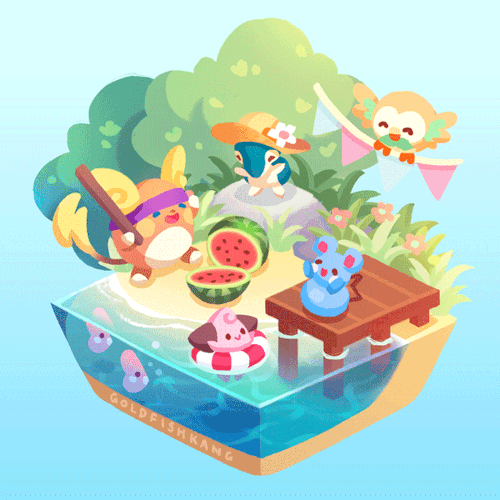
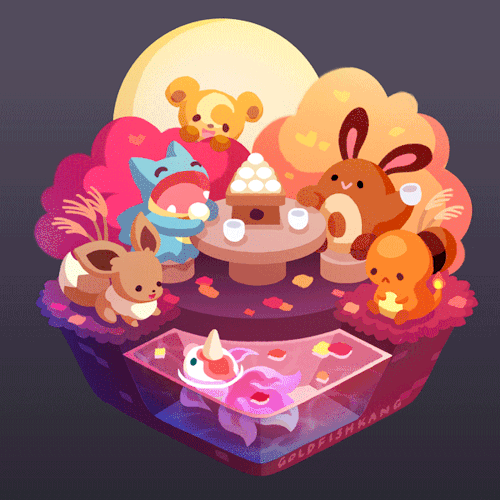

Shop ✿ Twitter ✿ Instagram ✿
Seasons in Japan
Gonna start a post with blank memes. Please add any you have on hand and reblog to spread them.
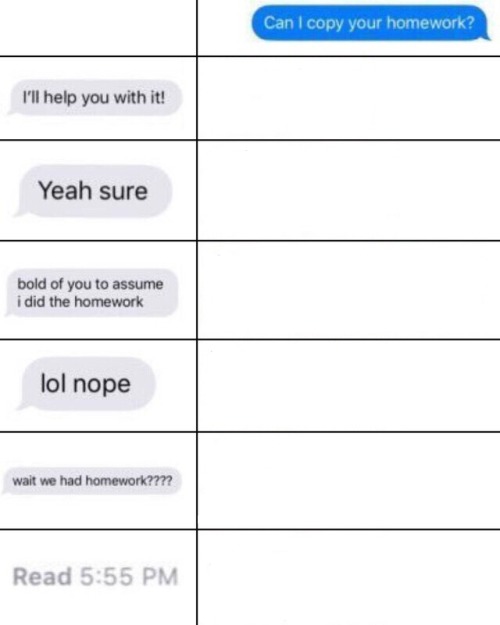






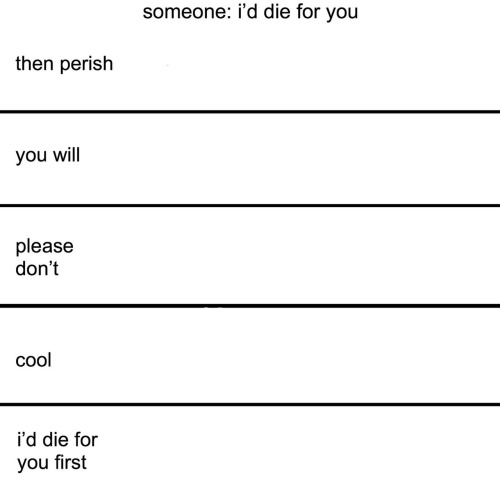
“Those poor boys”

“She deserves to be punished too.”

“I’m not saying I support rape, but-”

“Sorry to say - she deserved it.”

“She put herself in harm’s way”

“But if she was fingered, then that’s not rape.”

“She ruined their lives.”

-
 daydreaminglittlethings liked this · 3 years ago
daydreaminglittlethings liked this · 3 years ago -
 beloxiia liked this · 5 years ago
beloxiia liked this · 5 years ago -
 aedysa reblogged this · 5 years ago
aedysa reblogged this · 5 years ago -
 jz031506 liked this · 5 years ago
jz031506 liked this · 5 years ago -
 deessenya liked this · 5 years ago
deessenya liked this · 5 years ago -
 aedysa reblogged this · 5 years ago
aedysa reblogged this · 5 years ago
